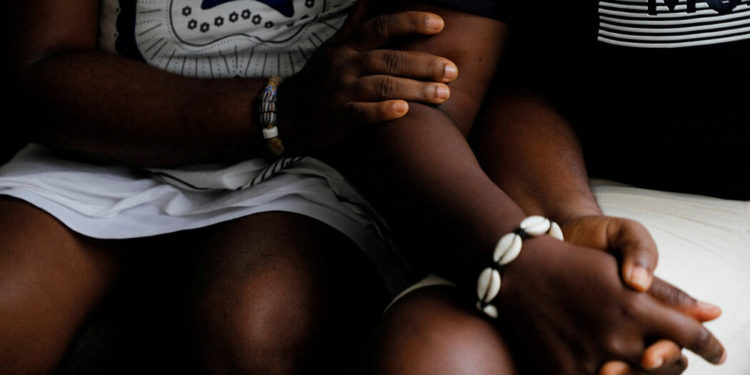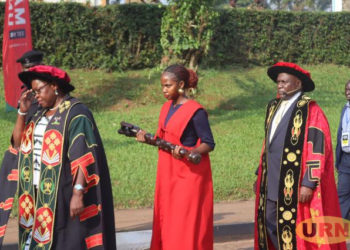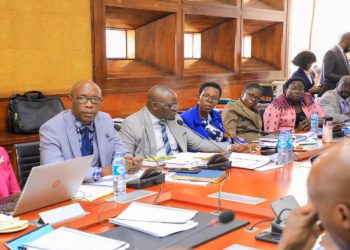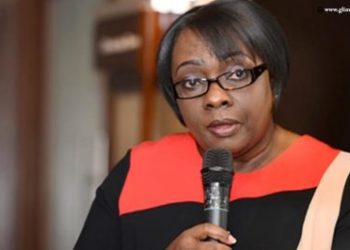By THE NEW YORK TIMES
Ghana’s Parliament on Wednesday passed a bill that imposes jail terms on people who identify as L.G.B.T.Q. or organize gay advocacy groups, measures that Amnesty International called among the harshest on the African continent.
The legislation, if signed into law by President Nana Akufo-Addo, would mean that people convicted of identifying as gay could be sentenced to three years in jail, those deemed “promoters” of L.G.B.T.Q. issues could get five years, and those who engage in gay sex would receive five years instead of the three years under previous legislation.
The bill is the latest in a wave of anti-gay legislation passed in Africa: Tanzania, Niger and Namibia have tightened such laws in recent years, while Uganda has adopted an anti-gay law that includes the death penalty.
Thirty-one countries on the continent criminalize consensual same-sex sexual activity, according to Amnesty. Many have experienced a surge in homophobic attitudes, behaviors and rhetoric in recent years, the rights group said in a report last year.
“There are still so many countries in Africa where being L.G.B.T.Q. is considered evil or un-African,” said Linda Nduri, a Kenya-based campaign manager for Africa at All Out, a nonprofit organization.
Both major political parties in Ghana support the bill, but in recent days, its passage had been slowed by changes suggested by a member of the governing New Patriotic Party, Alexander Afenyo-Markin, to make it less harsh.
He said this month that Parliament should decide whether people convicted under the anti-gay law should be given counseling and made to perform community service instead of being jailed. But some of his colleagues in Parliament shouted him down, saying that jail terms should be imposed.
The bill, which was first introduced in Parliament in 2021, has received widespread public support and has been pushed by Christian, Muslim and traditional leaders in Ghana.
But human rights organizations have warned that, if passed into law, the bill would violate fundamental rights enshrined in the country’s Constitution, like the right to equality and not to be discriminated on the basis of sex or gender.
Michael Akagbor, a senior program officer in charge of human rights at the Center for Democratic Development, a research organization promoting good governance in Ghana, said his organization was already challenging the legislation in the country’s Supreme Court.
“It is inexplicable to pass such a bill in a democracy that is Ghana,” Mr. Akagbor said. “But we still have legal remedies to prevent it from becoming reality.”







Discussion about this post